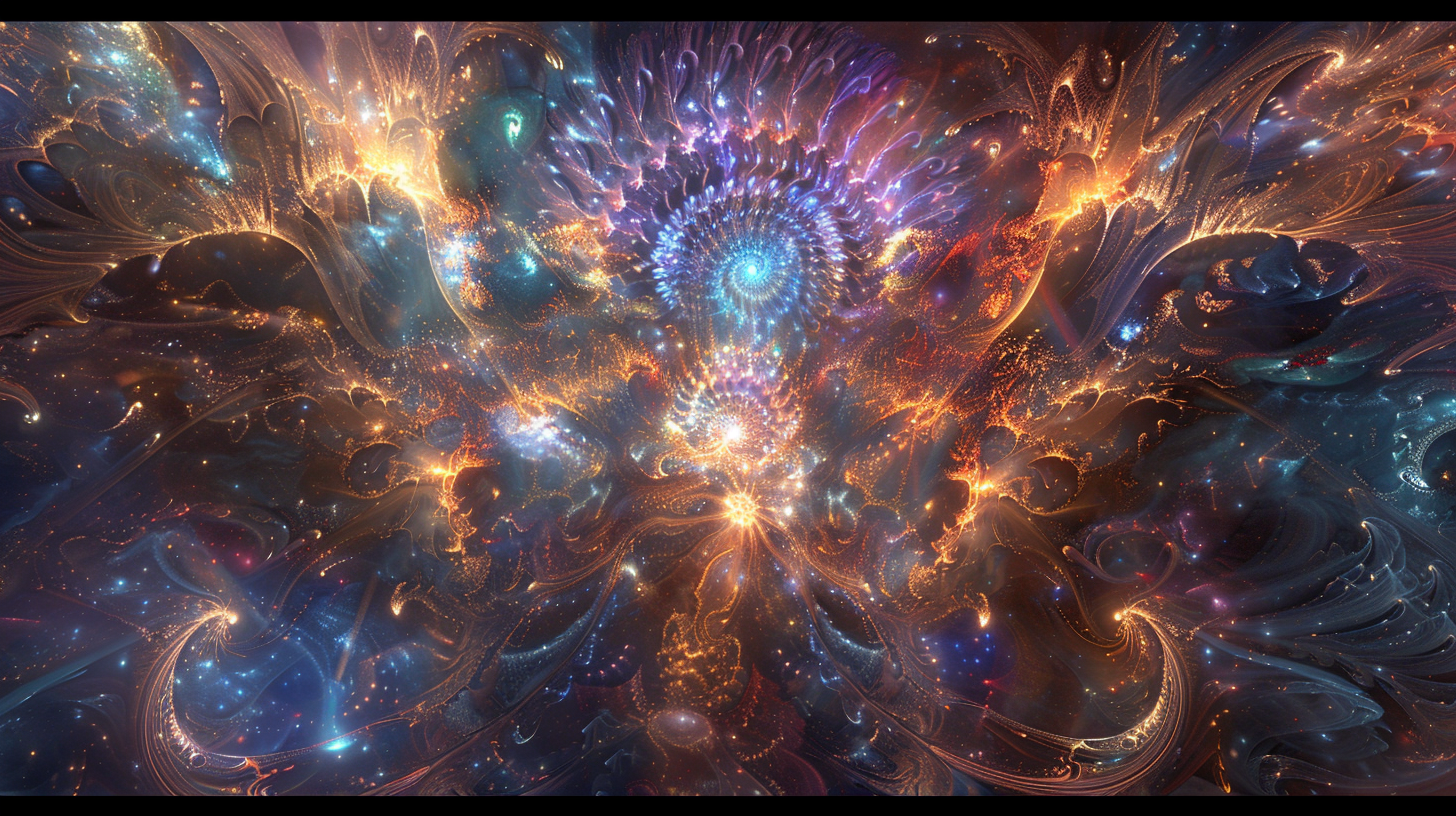Data Science is the inter-disciplinary combination of statistics, computer science, and business acumen (Loukides, 2010) and MLOps is something like ~ a set of practices that automates and standardizes the lifecycle of machine learning models, from development and training to deployment, monitoring, and maintenance in production. We invest in data governance to increase trust in the data. We invest in MLOps to increase trust in the judgement of the model. And while there is presently a vigorous discussion about the distinction between AIOps, which is MLOps using AI, and MLOps, which is MLOps which already used AI, I’m sticking with MLOps for this post. Three more ideas to express: descriptive, predictive, and prescriptive data product. Concretely and briefly: I haven’t[…]
Category: Technology
Many children learn how to make-believe. Perhaps it’s a complex skill? Make-believe combines narration, reason, and teleportation. One has to be able to suspend disbelief, to budget for enough magic (but not too much if they want to include anybody else) to escape from the unwanted technical features of reality, and to visit places and situations that do not exist. Asking what if, and improvising with AND THEN, over and over again, UNTIL FINALLY something fantastic is realized, is an ensemble of skills. The future is a great canvas for make-believe. Because anything is possible in the future! Just imagine the possibilities! The future does not exist in a material sense. It is not real. How do we approach things[…]
There’s a peculiar expectation that the statements made by people ought to be consistent both in the moment and throughout all time. After all, how can you be for Y when you previously said Z? In this post, I’ll use networks to explain why consistency in belief is extraordinarily unlikely. Suppose a set of strings that represent a belief. For example: “People, when free, are generally good.” “Some people seek power over other people.” “A productive conflict is an exchange of beliefs.” Let’s set the internal consistency of each string aside. The string contains symbolic representation that is unto itself contestable. “This string is false.” Stare too hard at that sentence, with too much energy, and a black hole will[…]
There are some constructs that I’m quite slow to update. Beliefs. Opinions. Estimates. Values. Morals. Stories. Scripts. Dreams. Strings of text that compile as true. Most of these connect and loop around into each other, reinforcing each other, causing them to be that much stickier, ever more locked-in. I suspect you might be the same way? And there’s a curious relationship between priors and identity isn’t there? For Example I hold peculiar belief that carbon dioxide is more prone to be disturbed by microwave radiation than nitrogen. I’ve never seen either molecule with my own eyes. They’re too small. I’ve only had models to go by. I’ve seen carbon dioxide represented almost like a triangle with the lower line omitted.[…]
Last month, in Free speech and free deliberation, I argued that information rich free speech is the best kind of free speech because it enables free deliberation. The core tension is that in the short-run, the return on misinformation is great. In the medium-run, the cost of misinformation is ruinous. Given that most social media and information retrieval platforms have embraced misinformation contrary to their own medium-run interests, how might we, as individuals and in communities, remain open to receiving information while protecting our freedom of deliberation in the short-run? In this post, I’ll argue that one potential set of measures in the short-run involves the creation of filter foam. Rather than experience the externalities from misinformation, amplified by centralized[…]
Data practitioners: data scientists, analysts, researchers, data engineers, data ops engineers, machine learning engineers and artificial intelligence engineers, all dedicate considerable time and energy clarifying and purifying data in the belief that some system, be it human or artificial, will make better decisions with better data. There’s a belief, optimism, that accuracy and validity help to drive understanding, reason, and in general, better. It’s better to be accurate with fatter error bars, experience more discomfort with the ambiguity and make decisions that make things somewhat better than to feel extremely confident and making things a lot worse. Ground truth is difficult to chart, and it’s the bedrock upon which progress is built. It’s why we bother to try. In our[…]
Everybody experienced 2024 differently. I experienced quite a bit of variation. Spice World In January, I spent a few weeks touring the Open Source Software (OSS) community in San Francisco. I simulated what it would be like to live and work there. Could I do the best work of my life in that environment? I spent many nights screaming over punk music at Zeitgeist, a few weekends in slush piles with people just so absolutely jazzed to talk about leveraging integrated B2B telephonic technology in the cloud, a couple of evenings with good friends down the Caltrain line, delightful walks in the rain, and a few more evenings the far corners of dimly lit office buildings. I saw multiple versions[…]
Two cluster of events in 2024, so far, have changed my mind about the nature of the entrepreneurial firm: The post I shared in March, 2024 titled Honesty, Error, Deception, Fraud was a direct response a part of what I experienced in January. It represented the most coherent summary of what I thought I saw and heard. The post in May, Non-fictional intent in fictional contexts was a follow-on about belief, make-believe, deception, and self-deception. July’s post on The nature of secrets – a secret having a component of deception and often a non-fictional intent was in part a response to re-reading prior material with new eyes. The nature of belief, self-belief, self-object-belief, deception, self-deception, make-belief, belief-speaking, delusion, performance, performance[…]
It took a lot of effort reconcile two forms of order: letters and numbers. Numbers had identities because they had names. Just as I was picking up the sound of names fourteen, sixteen, seventeen, eighteen, nineteen, and the mysteries of numbers that began with twenty, I became quite frustrated with eleven and twelve. Here were two sets of two symbols with distinct names that didn’t fit. They broke the pattern, the beautiful symmetry, between place and place value. And how I ever despised thirteen as a concept because there was not only was there no firteen nor seconteen. Where was thirteen anyway? It wasn’t on the clock. It wasn’t on any packaging. Good things never came in packages of thirteen.[…]
Imagine what your life would have been like if you were born in 1880. How much would your life have changed? Candles and gaslight were expensive, so you grew up in the dark. You weren’t born into a house with running water. By 1920, chances are good you had enough electricity to run an electric light so you could at least read for a few hours. You probably bought a radio around 1922. The radio would have changed a lot of things because you didn’t need to go a physical theatre and suffer those indignities. Imagine how great life would have been by 1924. You could go to a physical theatre and take in a few newsreels and a silent[…]










